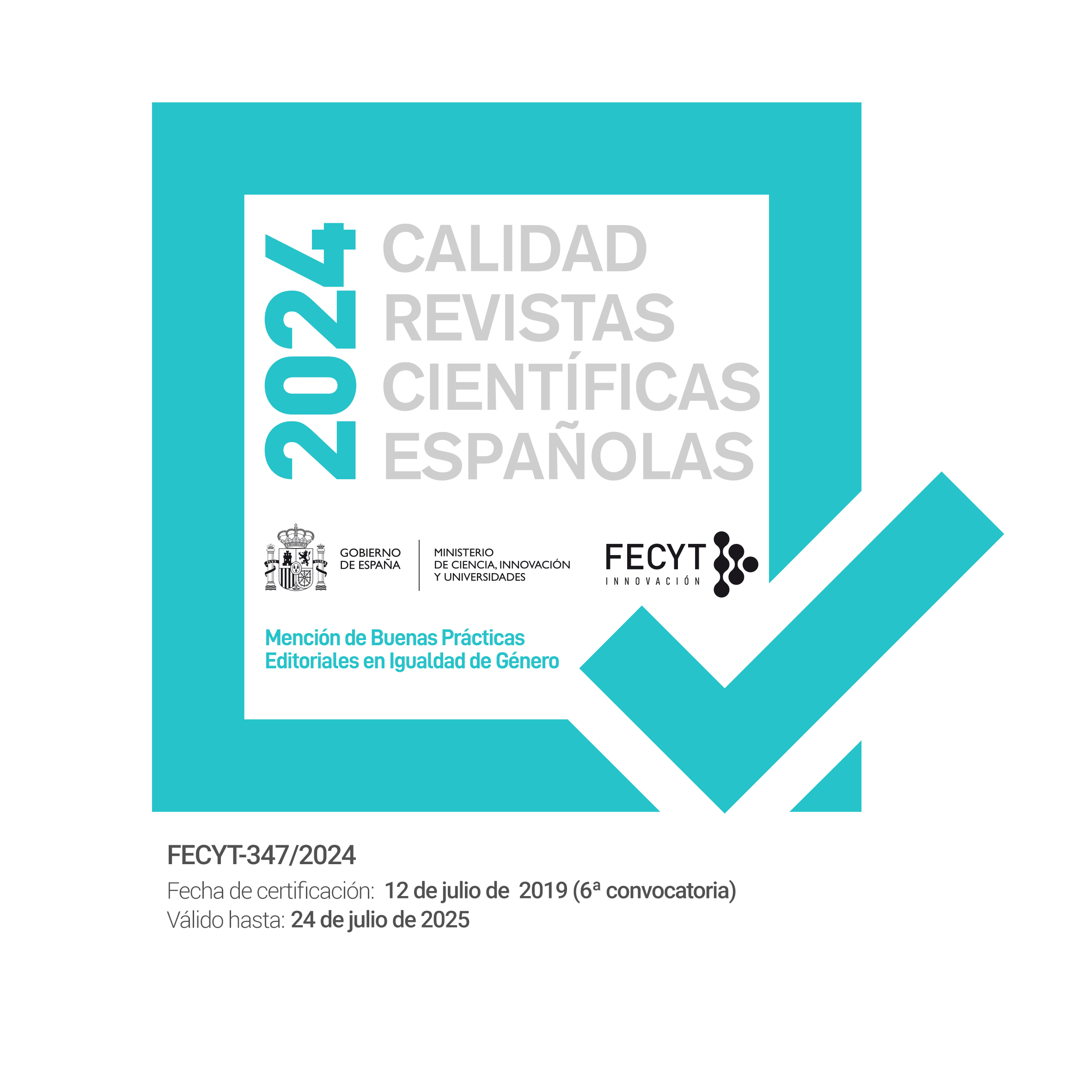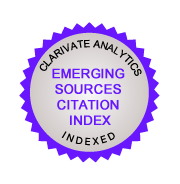La visión directa de José de Ribera a través de los "Voyages en Italie" de los franceses en los siglos XVII y XVIII
DOI:
https://doi.org/10.5944/etfvii.17.2004.2420Keywords:
Ribera, viajeros, Nápoles, Academia, fortuna crítica, Españoleto, travellers, critical fortune, academy, Spagnoletto,Abstract
En la Francia del Grand Goût de los siglos XVII y XVIII empezó a fraguarse el mito romántico del pintor español José de Ribera, cuya leyenda de artista violento se consolidó en el siglo XIX. Frente a los escritos de Félibien y Dezallier D’Argenville, los viajeros franceses del siglo XVIII opusieron su mirada personal ante la contemplación directa de sus obras conservadas en Nápoles. Sus comentarios escritos, que en muchas ocasiones permanecieron inéditos, suponen una crítica más moderna que la condena uniforme de la Academia.
In France, during the 17th and 18th Century, where the Grand Goût was uniform, begann the romantic mith of the spanish painter José de Ribera, which legendary violence got in the 19th century consolidated. In front of the writtings of Félibien and Dezallier D’Argenville, the french travellers of the 18th century opposed their personal look of the direct contemplation of his works in Naples. Their texts, which in several ocasions remained unpublished, mean a more modern critic than the uniform condemn of the Academy.
Downloads
Downloads
Published
How to Cite
Issue
Section
License
Authors who publish in this journal agree to the following terms:
- Authors retain copyright and grant the journal right of the first publication with the work simultaneously licensed under a license Creative Commons Reconocimiento-NoComercial 4.0 Internacional that allows others to share the work with an acknowledgement of the work's authorship and initial publication in this journal.

- Authors are able to enter into separate, additional contractual arrangements for the non-exclusive distribution of the journal's published version of the work (e.g., post it to an institutional repository or publish it in a book), with an acknowledgement of its initial publication in this journal.
- Authors are permitted and encouraged to post their work online (e.g., in institutional repositories or on their website) prior to and during the submission process, as it can lead to productive exchanges, as well as to earlier and greater citation of the published work (See The Effect of Open Access).








